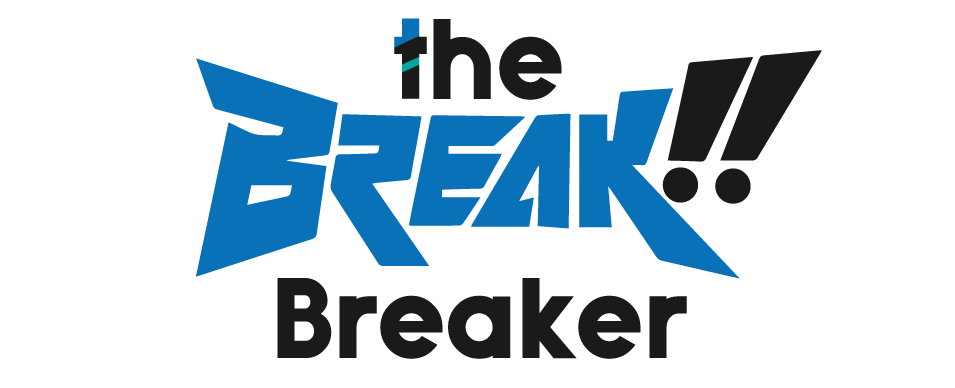
How to Choose the Best Cloud Hosting Provide
Can you imagine any profitable modern business without going online? It’s hard to. Luckily, nowadays businesses don’t need to buy, manage and update server hardware and pay a big team of IT gurus to run their websites smoothly. Cloud servers can provide businesses with reliable hosting. You just need to choose the one that suits your needs the best.
Understanding the Basics of a Cloud Server’s Work
Virtualization has made cloud server work possible. Hypervisor software manages the connection and virtualization of a few physical servers. This software uses the resources of those servers to create virtual ones. Then the cloud helps to deliver those resources to one or numerous customers. Companies should consider their budgets and specific needs when choosing cloud-hosting servers. And firstly they need to choose the type of cloud that suits their needs the best.
The infrastructure of public cloud servers is owned and run by a third-party provider that uses a public cloud to provide their clients with the computing services they need.
On the contrary, a private cloud enables a business to manage its cloud servers. Accordingly, all the data is located in the cloud but is available only to the company’s employees.
Many businesses prefer creating a hybrid cloud to satisfy their needs. By combining private and public cloud servers with on-premises servers they manage to get more flexibility and security.
Pros and Cons of a Cloud Server
Managing your website with the help of a cloud hosting server has a lot of advantages compared with the usage of a premise-based server.
Firstly, it’s less expensive to use cloud servers managed by some third-party, than to support the whole infrastructure.
Secondly, if necessary, cloud servers can be quickly and easily scaled up and down.
Thirdly, it’s very easy to get to the resources in a public cloud with the help of an API or a control panel. Customers and employees can access the resources from anywhere.
Finally, Cloud servers show more reliability than dedicated ones. Besides, as they use several servers, customers will still receive the service even if one part of the system fails.
The main drawback of using cloud servers is the lack of control. If the service provided by a cloud server slows down for whatever reason, customers can’t do anything to improve the situation. To avoid these difficulties, businesses have on-premises servers to feel safe in case of high-security tasks or ones with critical timing.
Conclusion
It’s impossible to say how many cloud servers satisfy their customers’ demands worldwide. The good thing is that businesses have a wide choice. So, before choosing the option that will satisfy your needs, don’t forget to do research and consider the price of the service, the options it provides, and, of course, its reliability. The last can be easily checked by reading customers’ reviews. It’s useless to recommend exact companies as it’s a quickly developing market and so new options appear just daily.




